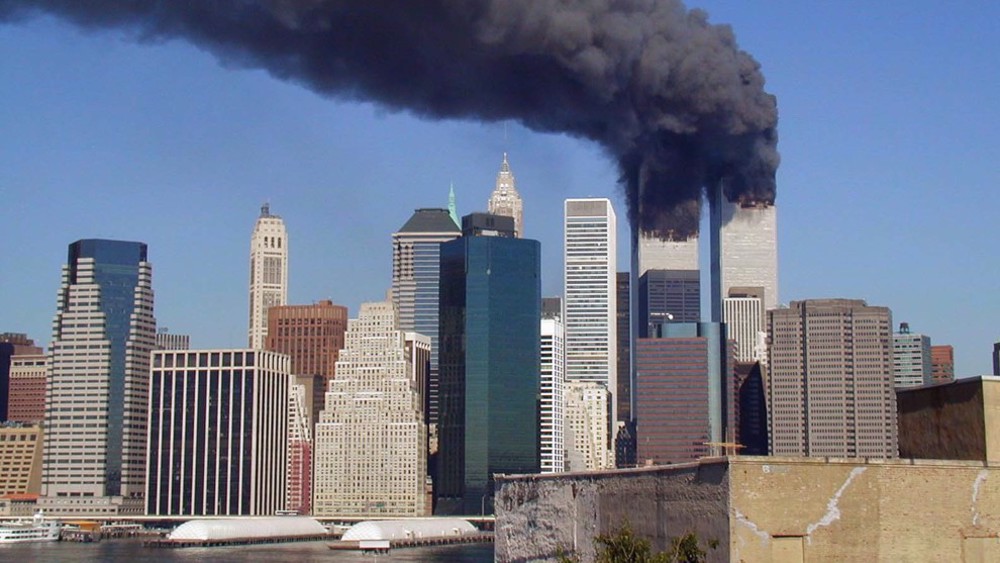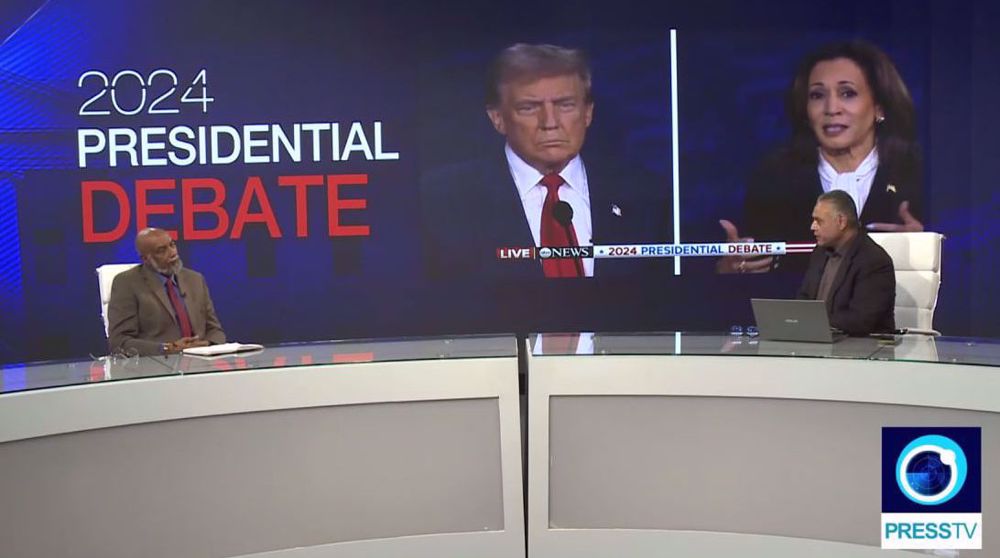US under Zionist lobby pressure on Iran deal: Analyst
Press TV has interviewed Catherine Shakdam, programs director of Shafaqna Institute for Middle Eastern Studies from London, about Iran’s reaction to the Western states’ negligence to their commitments under last year’s nuclear agreement between Tehran and six world powers.
Press TV: And the last statement by Dr. Salehi about how European banks and financial institutions not following through can't help but recall what the European member of parliament said that European financial institutions are hostage to the US in terms of restrictions that are placed though not stated but behind closed doors that was pretty strong statement coming and it seems like that’s still in effect.
Shakdam: Definitely and I think I would actually go beyond that statement that is not so much to US that you see leaning on banks whether they might be in Europe, in the US or elsewhere for that matter but what you see is actually the Zionist Lobby in action. Israel is very much threatened by the return, I would say, of Iran to the international … and Iran’s returning to play a major role not just financially but commercially and also in terms of foreign policies diplomacy in the Middle East and elsewhere. And it's agreed here so that since they could not stop deal what they're trying to do is to actually influence from behind the curtains, I would say, and try to prevent the natural evolution of this historical deal because it was supposed to pave the way to greater collaboration and I would say for an end to this kind of Cold War in between Iran and Western countries because there was no need. I mean if you really go to the core of the matter there is no real tension in between Iran and the West. The only tensions which continue to exist are from Western making.
Iran has behaved within the parameters of international law and has continued to do so since 1979. So, there is nothing that anyone can blame or pinpoint on Iran and say that Iran behaved in a way which was reprehensible. It was rather the West which decided to paint Iran and continued to paint Iran as … enemy when really there was no enemy to be found it was really of Israel making. So, what you see today, I would say, is the lashing-out of the Zionist power which cannot stop history is as simple as that. And at the end of the day I would say that capitalism we win in that. It would make more sense for banks to make deals with Iran and other companies to make deal with Iran because there is a brand-new thriving market there for them. And at the end of the day again I think they would do what is good for them and it's making a profit. So, I think that Israel is in, I would say, a bit of trouble here because it can't stop, again like I said, progress.
Press TV: Well, Dr. Salehi also said that there should be a committee set-up to review the different types of perhaps violations that take place or any mischievousness that perhaps happens but I'm assuming that would have been stipulated in the this landmark nuclear agreement in the first place. So, I don't quite follow through on that logic because I'm sure if there are violations there's going to be accountability and then there's a committee of some kind perhaps that should be reviewing that.
Shakdam: Usually that’s always the case, I mean, I have very much said that Iran negotiated a deal which is not that going to favor it. This is not fair for all parties, not that being said again. There is a typical narrative when it comes to the Western world and especially the United States of America where whenever they’re entering to a deal with a country which they feel is lesser to them or not, I would say, tactically interested to them; then, they try to just back out and they try to find ways to slow down the process to try to just … themselves out, arguing legality, technicality then saying that they need a committee of the committee for the committee. This is something that did you all the time. This is not surprising but again I think that what they’re trying to do is to just trying to win time or waste it because they realize that if they do not indeed abide by the terms of this nuclear deal that no other countries, I would say, in the world will take them seriously anymore and it would damage them even more.
And the US now today if you look at their position not just politically but diplomatically and even financially are not sitting pretty. I mean they’re using ground to the likes of Russia and China and of course Iran and other powers Middle East because there is to do whatever fear people had of America is long gone. Whatever feeling that they had that America was greater politically, militarily is gone already. So, even though they still are in fact superpower, they're losing ground to others. And they’re losing ground really fast, because people understand that it's not working for them anymore and they don't want to live in a world which is dominated by American colonialism. And so they're pushing back. So, what you see and what Iran has actually previous 1979 is that resistance is actually a very powerful tool might be financially, politically, dramatically. Resistance is working. Resistance is a … at imperial powers. And at the end of the day, countries will work to assert their own sovereignty and so should say this is why international actually stipulate that countries, sovereign countries, nation states, have a right to their own identity, to the integrity of their territory and to the integrity of their economy.
US vetoing of Gaza ceasefire resolution ‘disgraceful’: Iran’s UN envoy
VIDEO | IAEA adopts anti-Iran resolution tabled by E3
VIDEO | Iran's president urges Pope to help end Israel's onslaught in Gaza
Iran's senior legal official: ICC arrest warrant for Netanyahu ‘great victory'
Nov. 21: ‘Axis of Resistance’ operations against Israeli occupation
VIDEO | Israeli forces storm West Bank’s Jenin again, target civilians
Iran activates advanced centrifuges after IAEA's 'unjust' resolution
VIDEO | Press TV's news headlines













 This makes it easy to access the Press TV website
This makes it easy to access the Press TV website